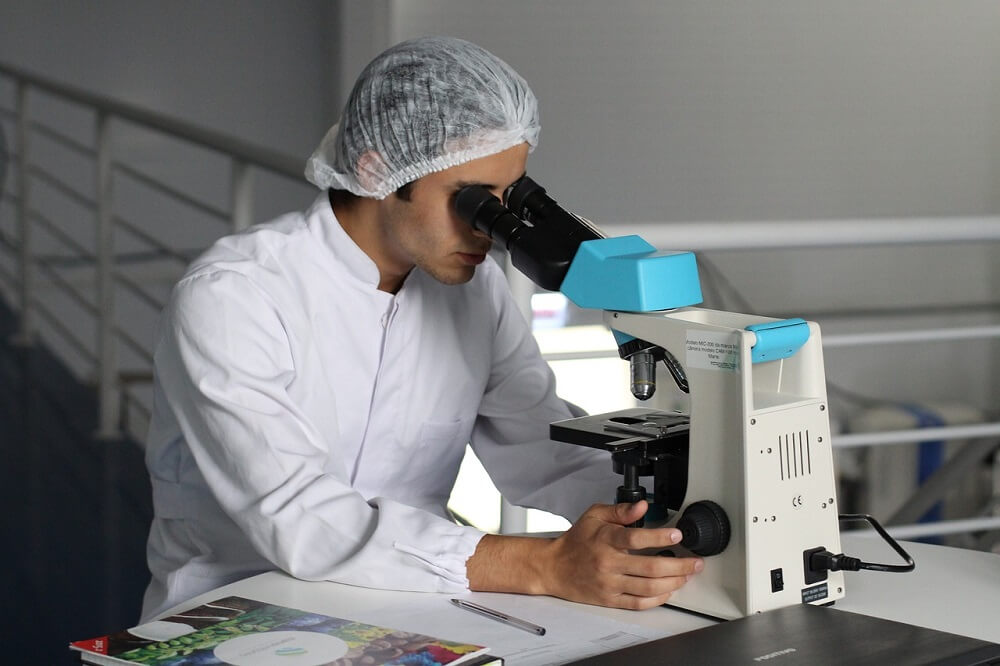
Why Pharmacy Technician Training Is Essential for Your Career in Healthcare
Pharmacy technicians are integral to the healthcare system, providing crucial support to pharmacists and ensuring the smooth operation of pharmacy services. Their role encompasses a range of responsibilities, from dispensing medications to managing inventory and interacting with patients. As the demand for healthcare services continues to grow, the need for skilled pharmacy technicians becomes increasingly important. Proper training is essential for anyone looking to pursue a career in this field. This blog post explores why pharmacy technician training is vital for your healthcare career, highlighting the benefits of comprehensive education, skill development, and professional advancement.
Choosing the Right School
Selecting the right pharmacy school is a pivotal step in pursuing a successful career in pharmacy. The team behind Pharmacist Schools suggests considering factors such as accreditation, curriculum, faculty expertise, and clinical opportunities. Accreditation ensures that the program meets industry standards and provides a quality education. Research schools thoroughly to find one that aligns with your career goals and offers hands-on experience in real-world settings. Additionally, consider the support services and resources available, such as tutoring and career counseling. Visiting campuses and speaking with current students can provide valuable insights. Many aspiring professionals also explore various pharmacy schools to compare their offerings and choose the one that best fits their educational and professional objectives.
Comprehensive Knowledge of Medications
Pharmacy technician training provides in-depth knowledge of various medications, including their uses, side effects, and interactions. This knowledge is fundamental for ensuring that patients receive the correct medications and dosage. Training programs cover essential topics such as pharmacology, drug classifications, and medication administration. By understanding these aspects, pharmacy technicians can effectively assist pharmacists in dispensing medications and providing accurate information to patients. A solid grasp of medication knowledge also helps in identifying potential drug interactions and contraindications, which is crucial for patient safety and effective treatment.
Proficiency in Technical Skills
The role of a pharmacy technician requires proficiency in various technical skills, including medication dispensing, inventory management, and the use of pharmacy software. Training programs offer hands-on experience with these tasks, allowing students to develop the necessary skills to perform them accurately and efficiently. Learning how to operate pharmacy equipment, manage medication inventory, and process prescriptions are key components of the training. Mastery of these technical skills ensures that pharmacy technicians can support pharmacists effectively and contribute to the smooth functioning of the pharmacy.
Understanding of Pharmacy Regulations
Pharmacy technicians must be well-versed in pharmacy regulations and legal requirements to ensure compliance with federal and state laws. Training programs include education on pharmacy law, ethics, and professional standards, which are essential for maintaining the integrity of pharmacy practice. Knowledge of regulations helps pharmacy technicians adhere to legal guidelines, manage controlled substances properly, and protect patient privacy. Understanding these regulations is crucial for avoiding legal issues and upholding the standards of practice within the pharmacy setting.
Enhanced Patient Interaction Skills
Effective communication is a key component of a pharmacy technician’s role, as they often interact directly with patients. Training programs emphasize the importance of strong communication skills, including active listening, empathy, and the ability to provide clear instructions. Pharmacy technicians need to communicate medication instructions, address patient concerns, and ensure that patients understand their treatment plans. Developing these skills through training improves patient interactions and enhances the overall quality of care provided. Strong patient communication fosters trust and contributes to positive healthcare outcomes.
Preparation for Certification and Licensing
Certification and licensing are critical steps in advancing a pharmacy technician’s career. Most regions require pharmacy technicians to pass certification exams, such as the Pharmacy Technician Certification Exam (PTCE) or the Exam for Certification of Pharmacy Technicians (ExCPT). Training programs are designed to prepare students for these exams by covering the necessary material and providing practice opportunities. Successful completion of certification exams validates the technician’s skills and knowledge, making them a more competitive candidate in the job market. Additionally, certification can lead to greater career opportunities and advancement.
Career Advancement Opportunities
Pharmacy technician training not only prepares individuals for entry-level positions but also opens doors for career advancement. With the foundational knowledge and skills gained through training, pharmacy technicians can pursue specialized roles or additional certifications in areas such as medication therapy management or pharmaceutical compounding. Continuing education and advanced certifications can lead to higher-level positions, increased responsibilities, and greater earning potential. Training provides a solid base for career growth and development within the healthcare field.

Pharmacy technician training is essential for building a successful career in healthcare. It equips individuals with comprehensive knowledge of medications, proficiency in technical skills, and an understanding of pharmacy regulations. Effective communication and preparation for certification further enhance a pharmacy technician’s ability to provide high-quality care and advance in their career. By investing in thorough training, you lay the groundwork for a rewarding and impactful career in pharmacy, contributing to the overall effectiveness of the healthcare system and improving patient outcomes.





